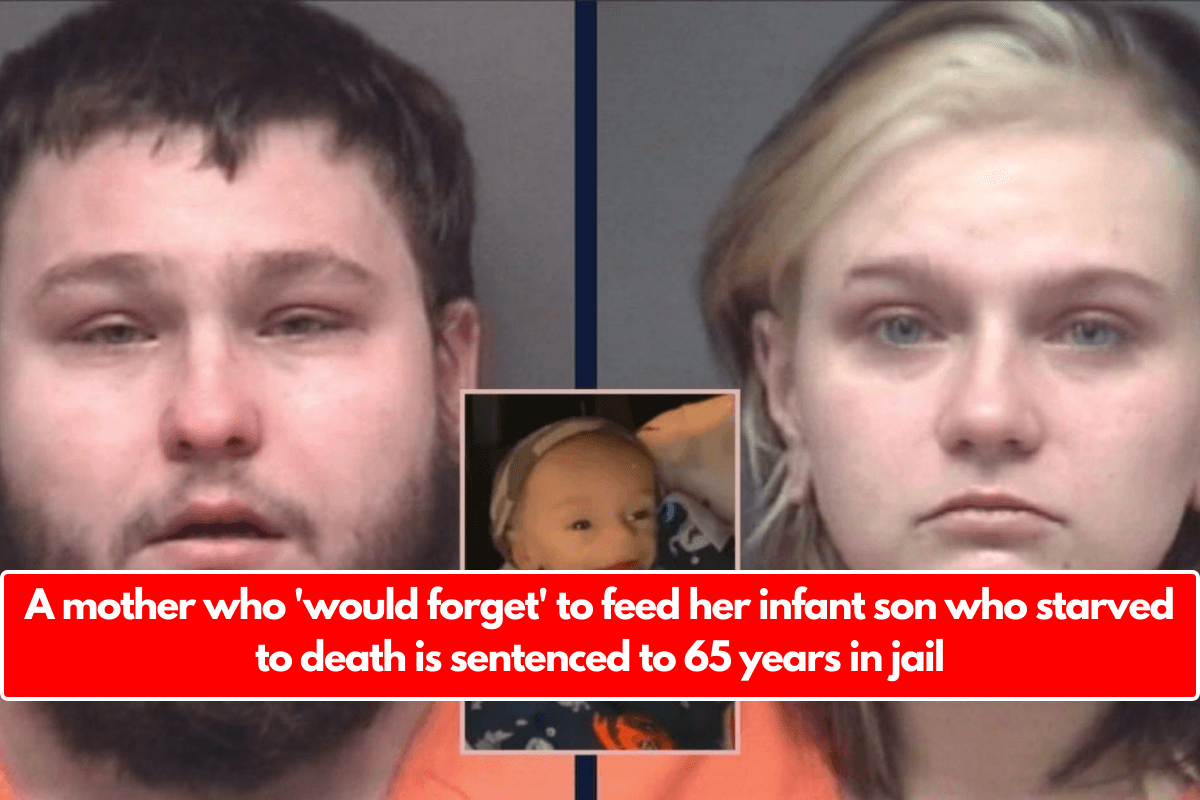osing a loved one is one of the toughest experiences anyone can face. If you were financially dependent on that person, the thought of supporting yourself without them can be overwhelming.
Fortunately, for many family members of people who were on Social Security, there is some help.
Depending on your relationship to the deceased person, you might be eligible for Social Security survivor benefits. These benefits can help ease financial insecurity during a difficult time.
Who Can Receive Survivor Benefits?
The Social Security Administration (SSA) provides benefits to several family members of a deceased worker.
This includes spouses, children, and sometimes even parents, as long as certain conditions are met. Here’s a breakdown of who can receive these benefits:
Spouses and Ex-Spouses
If you were married to a deceased worker, you might be eligible for Social Security benefits under the following conditions:
- You are age 60 or older, or age 50–59 if you are disabled.
- You were married for at least 9 months before your spouse’s death.
- You did not remarry before age 60 (or 50 if you are disabled).
Even if you were divorced, you may still qualify for survivor benefits if you were married for at least 10 years. Ex-spouses can also be eligible if they meet the requirements, including not remarrying before age 60.
For those who qualify, you can receive a percentage of your spouse’s Social Security benefit. If you wait until full retirement age (around 66-67), you could receive 100% of the deceased worker’s benefit.
If you claim earlier, such as at age 61, you might receive around 75%, with the percentage increasing if you wait until you are older.
Children
The children of a deceased worker may also be eligible for Social Security survivor benefits. They can be:
- 17 or younger, or
- 18–19 years old and attending school full time (grades K-12), or
- Any age if they became disabled before turning 22.
Stepchildren, adopted children, and even grandchildren can qualify if they were financially supported by the deceased worker. Typically, children receive 75% of the deceased parent’s benefit.
However, the total amount a family can receive is limited by the SSA’s “family maximum.” If the family exceeds this amount, the payments to each family member may be reduced.
Dependent Parents
In some cases, parents of a deceased worker may qualify for survivor benefits. To be eligible, you must meet the following conditions:
- You are 62 or older.
- You were financially supported by your child who passed away.
While not everyone will qualify for survivor benefits, these programs can be a lifeline for those who are left behind.
Other Social Security Benefits
In addition to survivor benefits, you might also be eligible for Medicare based on the deceased person’s work record. This is available regardless of whether you qualify for survivor benefits.
However, if you are eligible for both survivor and another type of Social Security benefit, you will need to choose the one that offers the most financial support. You can switch from one benefit to another later.
For example, you might start with survivor benefits and switch to retirement benefits when you reach age 70 for higher payments.
If you have lost a loved one who was receiving Social Security benefits, you may be able to receive survivor benefits, depending on your relationship to the deceased and your personal situation.
Whether you are a spouse, child, or dependent parent, these benefits can provide essential financial support.
It’s important to understand the eligibility requirements and how to apply, as well as what benefits you can receive.
Reach out to the Social Security Administration for more details on how to apply for survivor benefits.
Who is eligible for Social Security survivor benefits?
Spouses, ex-spouses, children, and in some cases, dependent parents of a deceased person may qualify for survivor benefits.
How much will I receive in survivor benefits?
The amount you receive depends on your relationship to the deceased person and your age. Typically, spouses and children receive a percentage of the deceased worker’s benefits.
Can I receive survivor benefits if I am remarried?
If you remarried before age 60 (50 if disabled), you may not be eligible for survivor benefits from your deceased spouse.
How do I apply for survivor benefits?
You can apply for survivor benefits by contacting the Social Security Administration online or by visiting your local Social Security office.
Can I receive both survivor benefits and retirement benefits?
Yes, you can begin with survivor benefits and later switch to retirement benefits when you turn 70 for higher payments.











